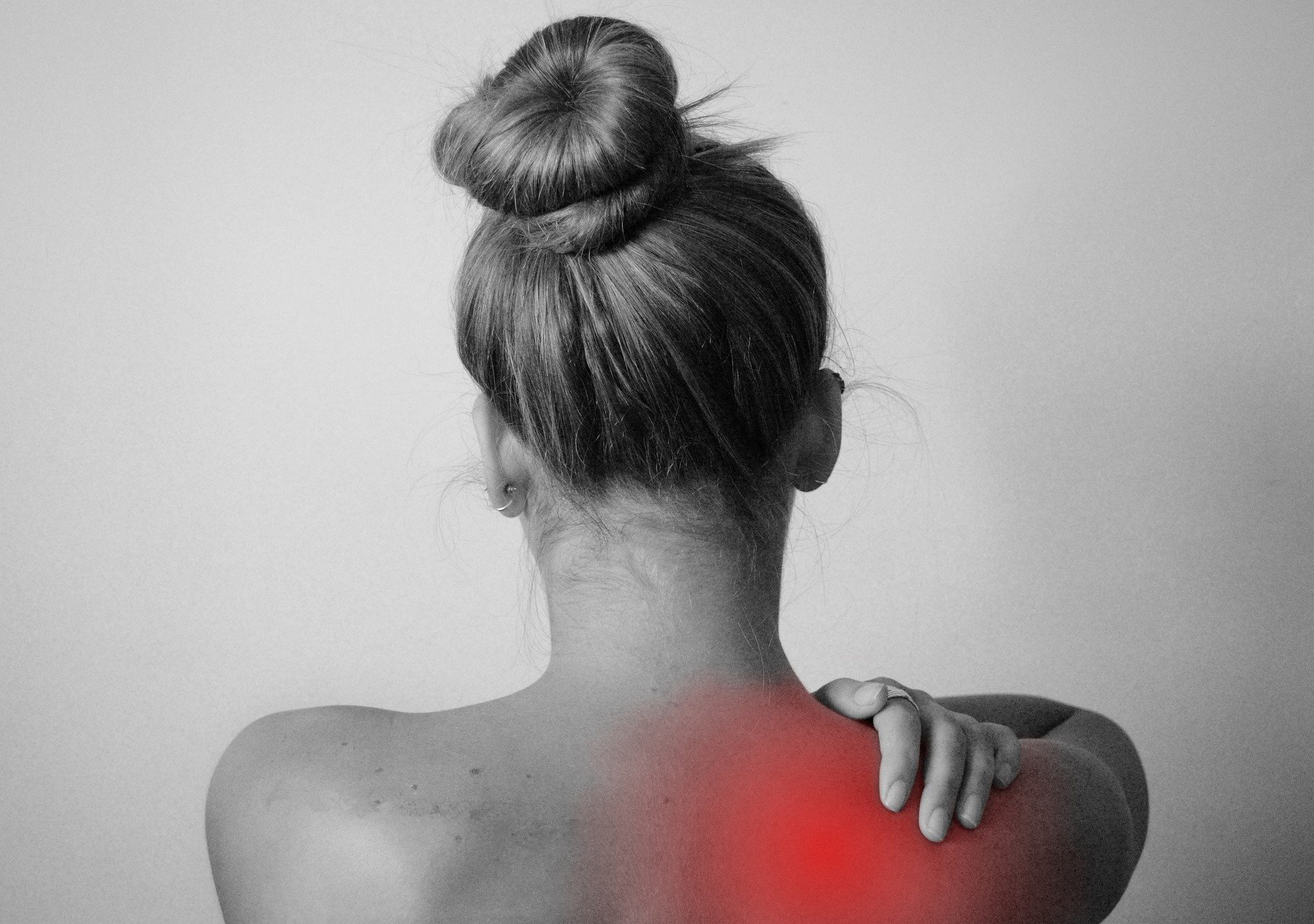
What is frozen shoulder ?
Frozen shoulder is also called Adhesive Capsulitis. Patients feel restricted motion and chronic pain around shoulder area due to connective tissues around GH joint being inflamed and stiff.
Why do we have frozen shoulder ?
Usually we can find the following situations on the patients with frozen shoulder.
1) Exceed Adhesion - likely developed due to reduced motion
2) Injured rotator cuff muscle - the muscles injured and not managed properly, it causes inflammation spreading to surrounding area
3) Misalignment - the misalignment around scapular and shoulder area
What can other health professionals do ?
1) Corticosteroid (steroid injection) - which helps manage inflammation but with some side effects.
see details via - SoCal Regenerative Medical Clinic
2) Hydrodilatation - According to S. Rymaruk1 and C. Peach1, Cartosonhydrodilatation can be supported for short-term management. There is a role for hydrodilatation as a repeat procedure in patients with incomplete recovery but not as a standardised treatment plan. (res: https://www.ncbi.nlm.nih.gov/pmc/articles/PMC5706054/)
How can we help you ?
1) LLLT - which is a no pain treatment and increases metabolism. It suits pain sensitive patients as we know many patients with frozen shoulder have a low pain threshold. The research report shows the pain drops significantly after 4 weeks and 8 weeks treatments.
2) Dry needling - another much less pain technique than painful deep tissue massage and the little pain just happens less than a second rather than constantly.
3) Joint techniques - prevents in reducing the shoulder movement and maintains mobility
4) Corrective Exercise - able to perform at home day to day, no extra costs


